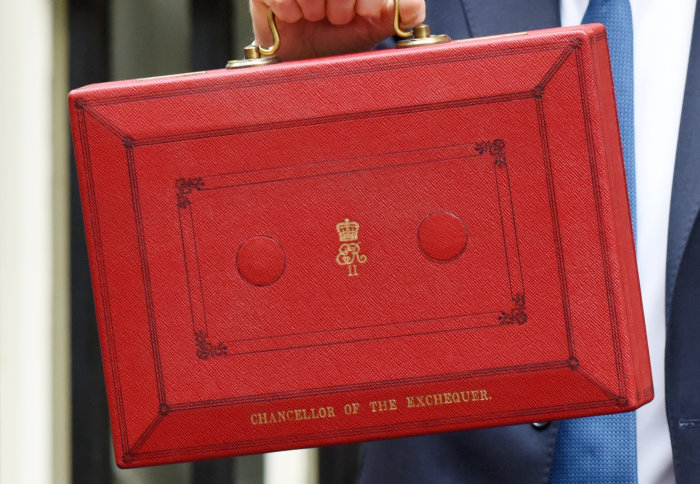‘Sounds like a line from an old Western Movie, we probably all know what happens next!
Is that where financial markets are now? Should we be nervous? Although it’s true there have been some fairly momentous events since the UK voted to leave the European Union just over a year ago. Since that time, worries about North Korea, the French elections, President Trump-related developments, and even the most recent snap election result have only had short-lived and localised impacts on markets, with volatility at all-time lows, seemingly indifferent to political events.
Impact Of The Falling Pound
While volatility may be low, the impact on Sterling has been more dramatic. With the pound falling by around 15% against the US dollar, and 13% against the euro since the referendum. Larger companies with significant overseas operations have been among the main beneficiaries. The currency impact has been reflected in a total return of over 20% for the blue-chip dominated FTSE 100 index. Does this mean that UK equity markets are popping the champagne corks pending departure from the EU? Not really. In US dollars terms, the performance of the FTSE 100 is no better than any of the equivalent blue-chip indices in every other G7 country.
The Brexit Crystal Ball
The result of the recent snap election is unlikely to shift the momentum of the economy, however, there is a risk that the increased uncertainty associated with a hung parliament, acts as a brake on both investment and consumption, a factor that has also helped to keep sterling trading within very narrow ranges. Other issues, such as the mixed US economic picture and increasingly strong euro zone data, will also have an impact.
No collapse in the UK economy is anticipated, some fund managers remain cautious about the outlook for growth in the short to medium term and at least until the secrets of the Brexit Crystal Ball are revealed. Whether “soft” or “hard” Brexit will have very different implications for growth, inflation and asset prices. Little is known or understood at this stage regarding what the negotiations will eventually deliver, however, we do know that the clock is now ticking until the March 2019 deadline for the UK to leave the European Union. Therefore, diversifying that risk by holding a basket of global assets remains a prudent strategy in our view.
Keeping Our Minds Open
Many investors will have seen solid double digit returns over the past year, but it would be unwise to attempt to project the performance of the financial markets over last year into the coming twelve months.
Clearly there is much happening both politically and in financial markets that could influence the investment outlook. Therefore, it is important we keep our minds open to the evidence, and not impose a pre-determined view as to what markets will do next. While some patterns of past performance are evident, the future seldom repeats the script.
So, is it too quiet? – well maybe. Should we be nervous? – probably not, but perhaps a little reflective. Knowing that if markets do become more volatile, our diverse investment strategies will become even more valuable, mitigating risk and exploiting the opportunities presented by volatility when it next appears.
Bob Mills – Investment Manager
Click To Tweet: Is it too quiet? – well maybe. Should we be nervous? – probably not, but perhaps a little reflective. @ovationbristol https://ctt.ec/5tVQi+








